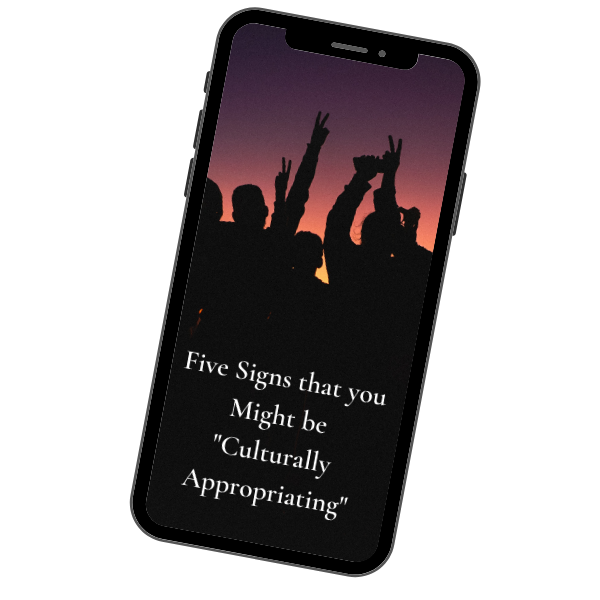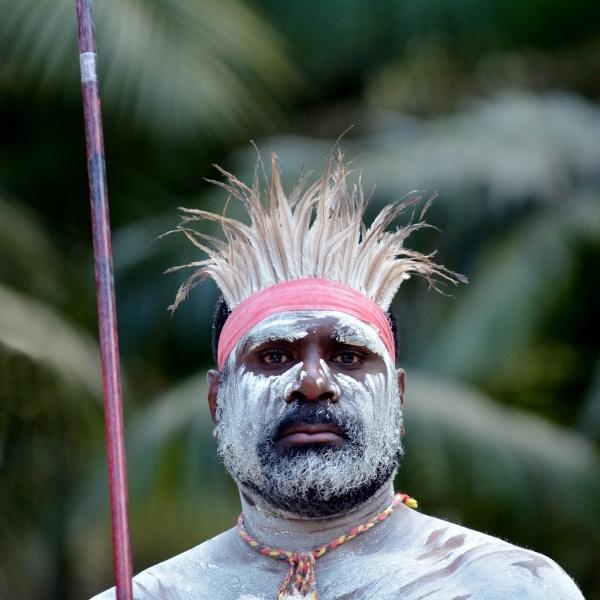Achieving equity in international intellectual property law has been slow. With the global recognition of the importance of the United Nations Sustainable Development Goals, and the rise of corporate social responsibility (CSR) and environmental, social and governance (ESG) programs, we can expect progress towards socially responsible and inclusive intellectual property to happen at a more rapid pace.
The Historic Declaration on Culture
The recent Declaration on Culture is an example of this trend towards socially responsible intellectual property. The United Nations Economic Social and Cultural Organization (UNESCO) hosted a meeting in Mexico at the end of September 2022, where 150 UNESCO member states came together to adopt a Declaration on Culture. This meeting, MONDIACULT 2022, the UNESCO World Conference on Cultural Policies and Sustainable Development, was forty years after the historic 1982 MONDIACULT, also hosted by Mexico. The Declaration on Culture underscores the importance of cultural rights to the United Nations sustainable development goals and to the objective of achieving inclusive and sustainable development.
Calls to Protect Intangible Cultural Heritage
Importantly, in the Declaration on Culture, UNESCO members committed to implementing legal and policy frameworks to protect collective identities and heritage, including the cultural expression of indigenous peoples. Consider that geographical indications, a geography-based cultural intellectual property, received protection in the 1995 World Trade Organization (WTO) agreement on intellectual property rights, while traditional knowledge and intangible cultural heritage lack coherent international legal protection. The WTO agreement on intellectual property was the first time geographical indications, pushed by European interests, received protection on a global scale. By contrast, despite decades of negotiations on traditional knowledge at the World Intellectual Property Organization, where the discussions are taking place, progress has been slow.
Moving towards Inclusive IP
The Declaration on Culture calls on the UN Secretary General to “anchor culture as a global public good” and to include it as a goal in the UN Development Agenda. It also calls for cultural heritage to be protected, both tangible and intangible. This language in the Declaration of Culture is part of a movement towards greater recognition for the cultural intellectual property and intangible cultural heritage of indigenous peoples and historically marginalized groups.






